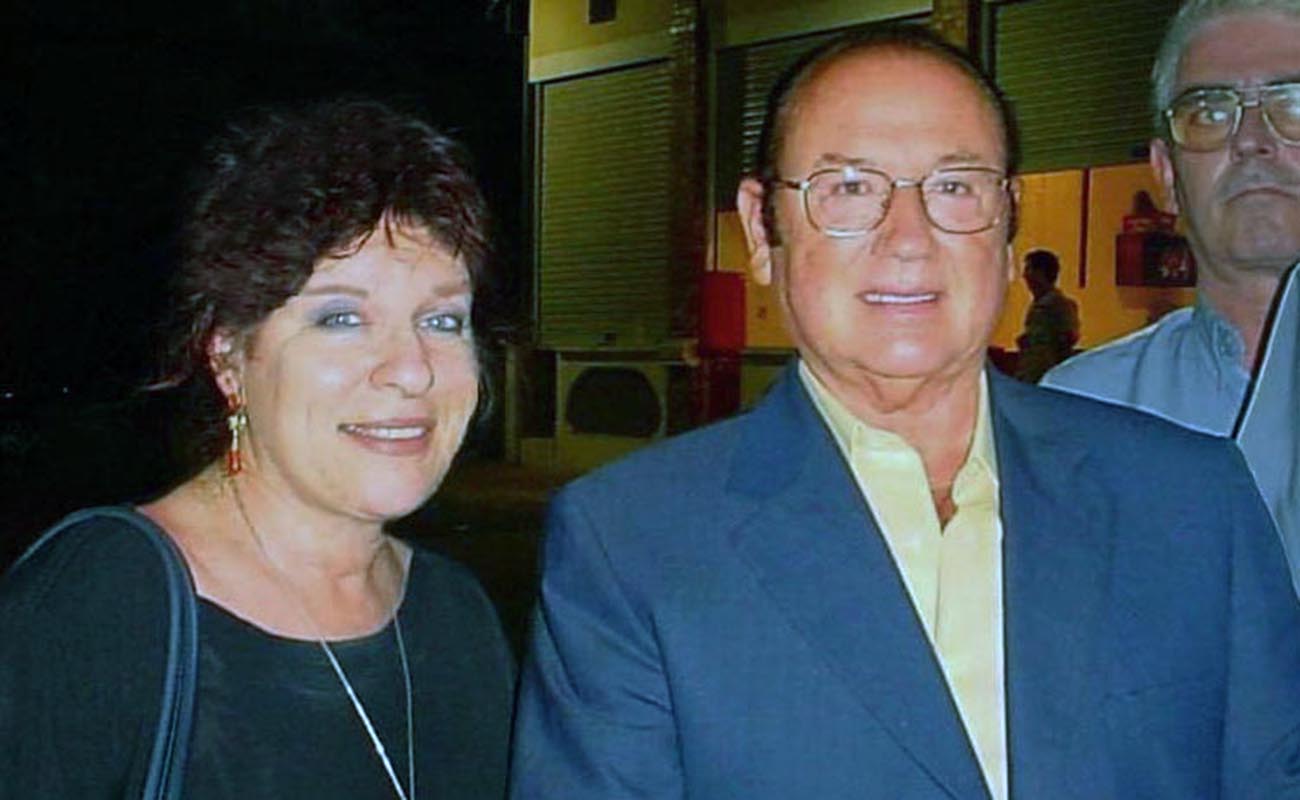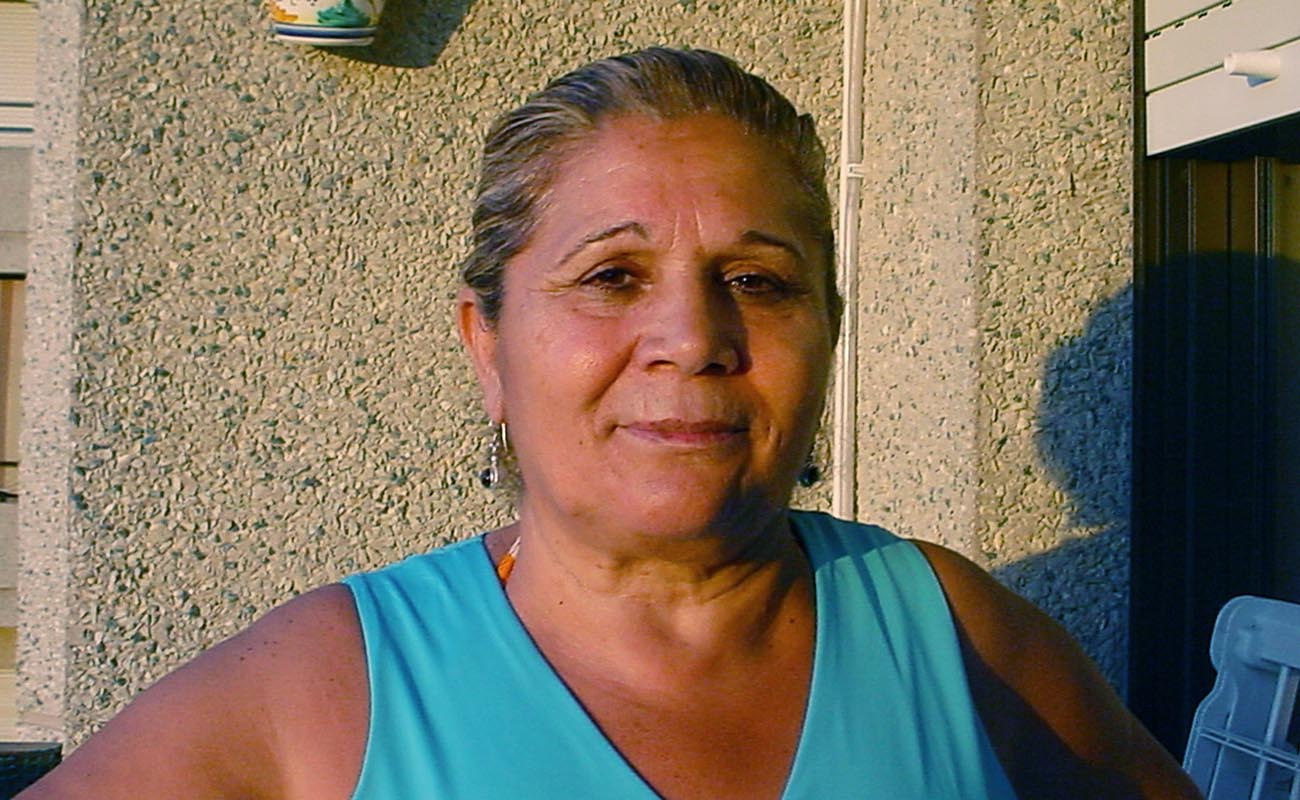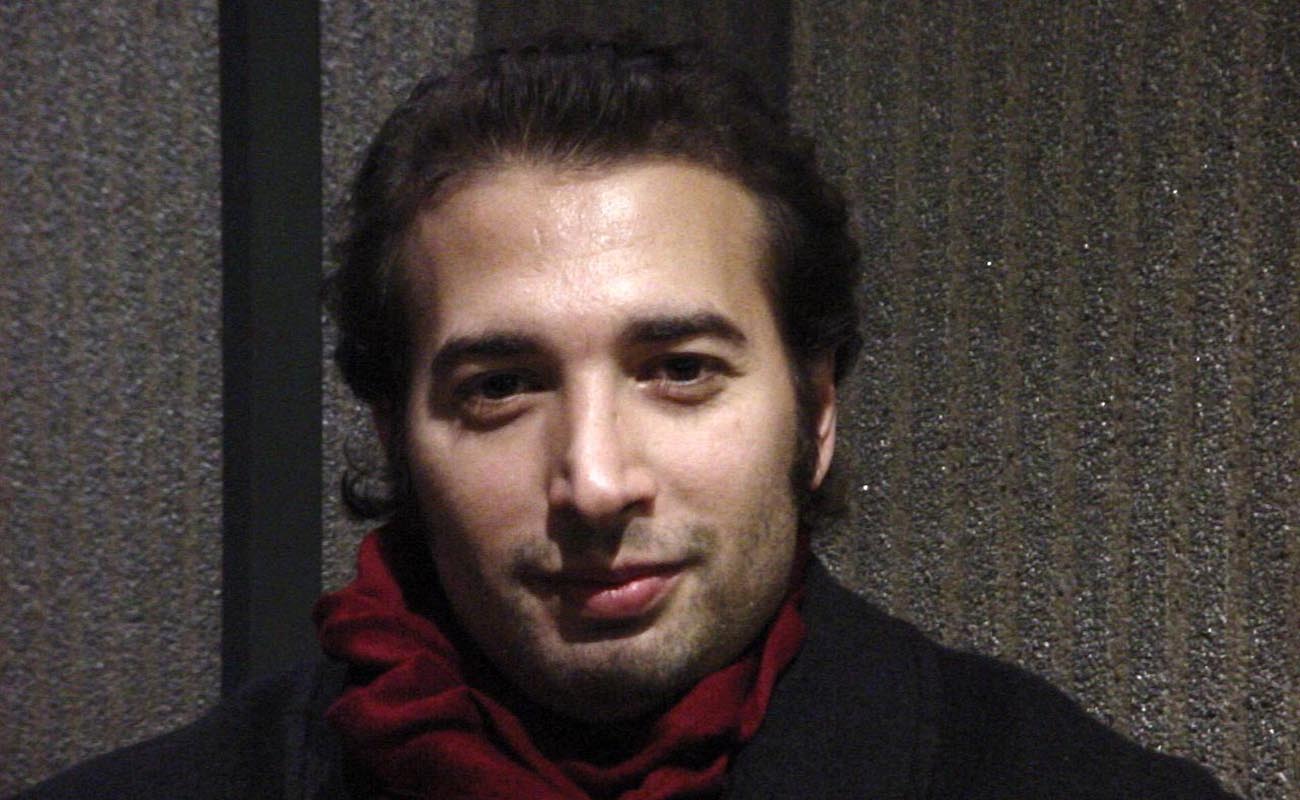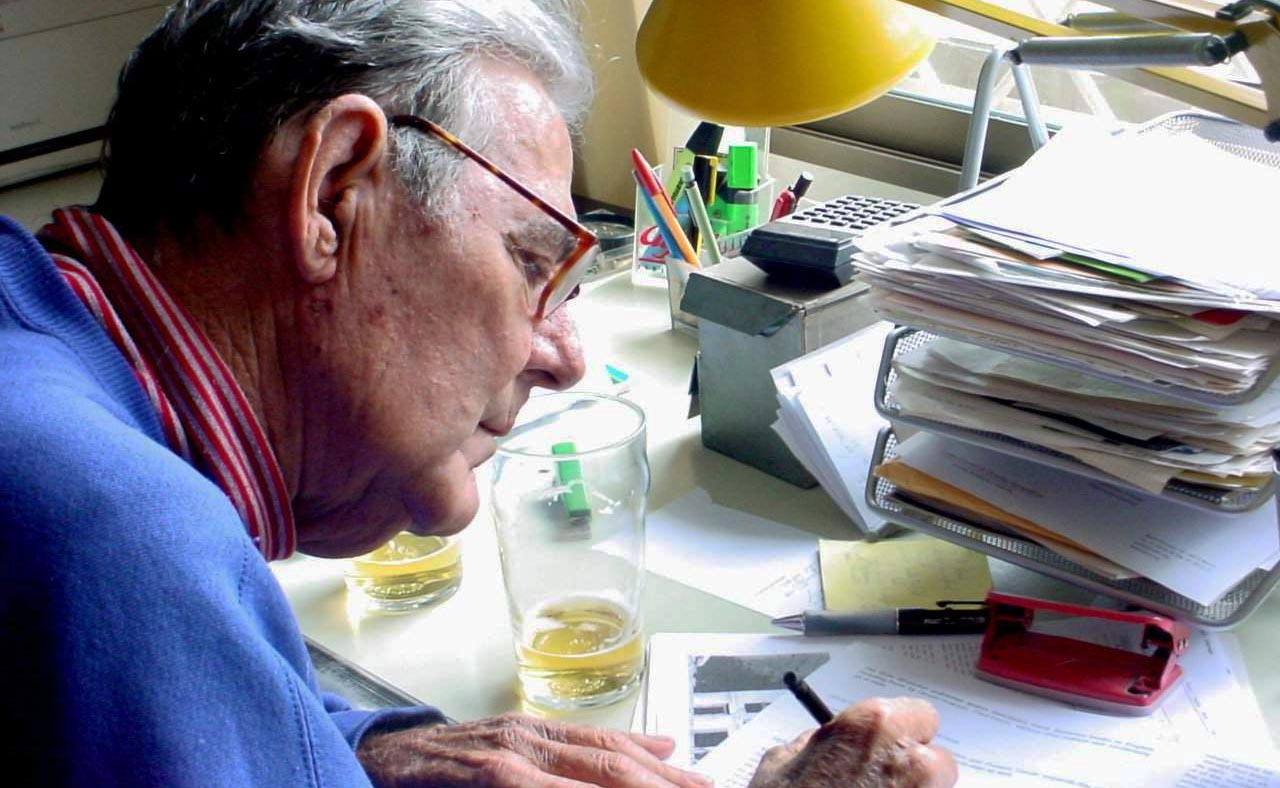Fosforito: Nine decades of a living legend
As he is about to celebrate his 90th birthday, the memory of his plaintive echo continues to sound in my mind, and I feel the most sincere admiration and gratitude towards Fosforito, senior statesman of flamenco
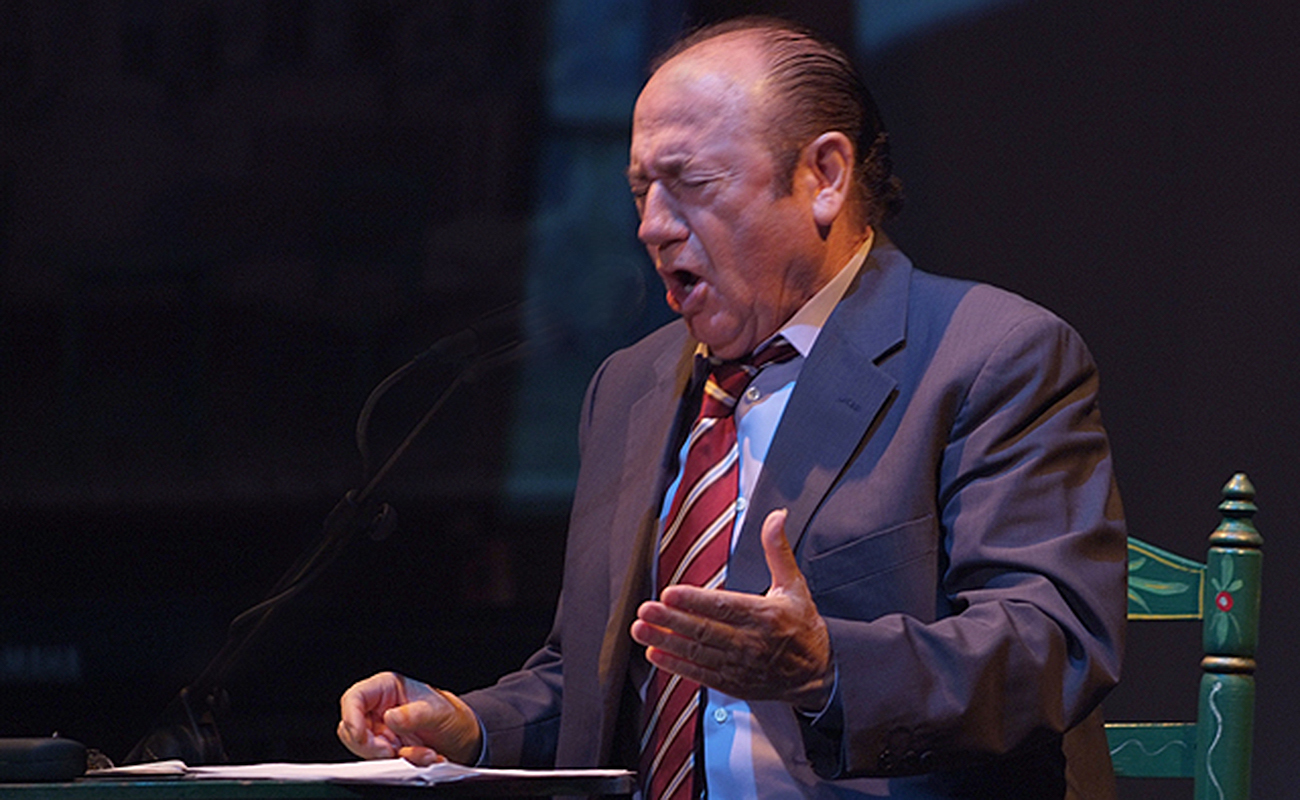
It’s been thirty years since we had to accept the loss of the most charismatic flamenco singer of our time, Camarón de la Isla. This year is also the one-hundredth anniversary of the historic Granada flamenco contest which has inspired books, shows, conferences and all the things we humans love to come up with when we see round numbers attached to meaningful events that have shaped our lives.
My own favorite anniversary this year is the upcoming birthday on August 3rd of our much-admired national treasure, Antonio Fernández Diaz “Fosforito”. Ninety years ago, just 10 years after the Granada contest, and less than 20 before Camarón was born, this now legendary singer came into the world in Puente Genil (Córdoba). Fosforito recalls an intense flamenco atmosphere in his town, including relatives of his own, singers and guitarists, and at least one dancer. Early on he found flamenco – or flamenco found him – and the genre has been profoundly enriched ever since.
Years ago I wrote a lengthy biographical interview with the maestro. The following brief but heart-warming excerpt gives an idea of the hard-scrabble childhood that nurtured Fosforito’s early apprenticeship in flamenco:
In my town, shortly after the Civil War, there’s this bunch of sassy kids. In my house we were 8 siblings in two rooms, and back then the town was smaller, everything was smaller. I would sometimes sleep huddled in a farmer’s cart headed for the wholesale market in the morning when the hustle and bustle would get under way. After making their deals, the men would all toast with strong drinks, and there I was in the in the middle of it all, and everyone singing. We kids would go down under the bridge by the shore of the river, and in our own way we’d organize fandango tournaments, verdiales, or whatever. Then I began to sing in the taverns, I was about 8 years old, like my grandson now, and from then on, well, I began making the rounds of nearby towns. (Fosforito)
Around 1960 when I began inhaling cante, which quickly overshadowed all my adolescent interests, Fosforito was “the” flamenco singer. Antonio Mairena was struggling to build a career, Chocolate was a promising young singer, recordings of Pastora and Tomás circulated, as well as those of Paquera and Terremoto, while little Mariquilla Vargas was surprising flamenco followers with her intensity, and of course I had a weak spot for singers such as El Gallina, Antonio el Chaqueta or Pericón among others who had participated in the ground-breaking Hispavox Ducretet Thomson anthology of 1954, the bible for those of us starting out during that “Golden Age”.
But Fosforito was above and beyond the rest. If Antonio Mairena would eventually sort out the complexities of soleá and siguiriya, Fosforito cut transversally through that wisdom and brilliantly laid out the diversity of mining cante and other branches of fandangos, cantiñas, the so-called “ida y vuelta” forms, as well as lesser-known cantes such as soleá apolá, which he not only taught Camarón, but helped the rest of us understand thanks to his knowledge and interpretation. Between the two Antonios, the entire repertoire of flamenco was laid out and made available to followers of the art-form via recordings and festivals which were quickly proliferating. I don’t know if anyone ever did a study, but my guess is Fosforito sang at more cante festivals than any other cantaor in history.
When he was awarded the Gold Key of Cante in 2005, I collected artists’ reactions to the prize. The words of singer El Pele (Córdoba 1954) seem especially apt:
The Gold Key of Cante for Fosforito is very well-deserved because when flamenco was poorly considered, it was Fosforito who gave it vitality and relevance, and we can see the proof in his discography…his work has influenced the career of every one of today’s singers. (El Pele)
As he is about to celebrate his 90th birthday, the memory of his plaintive echo continues to sound in my mind, and I feel the most sincere admiration and gratitude towards Fosforito, senior statesman of flamenco, always ready to answer questions and give advice, dignified, elegant and kind. Happy birthday maestro.




